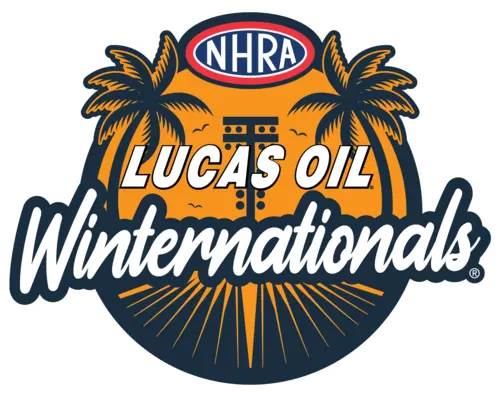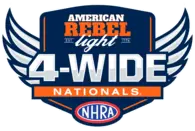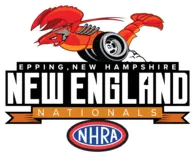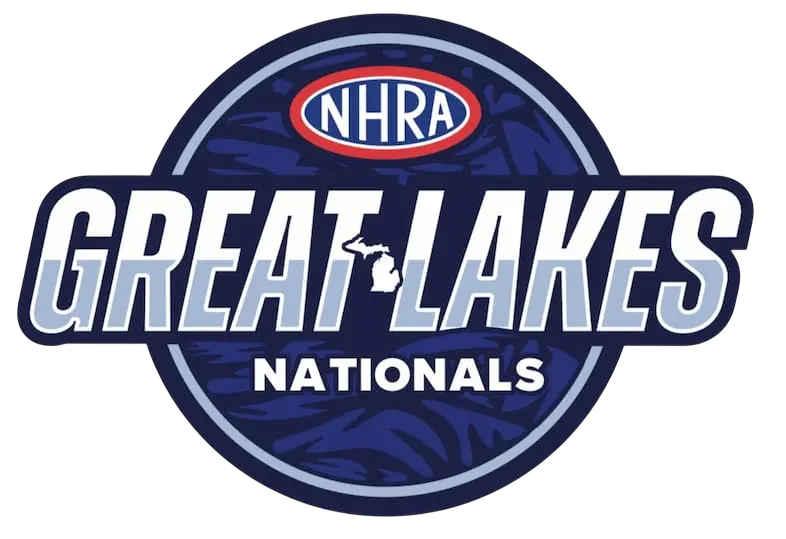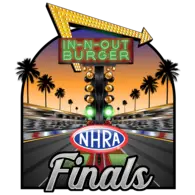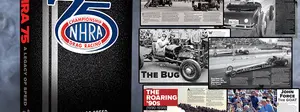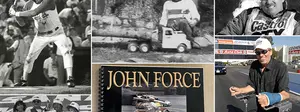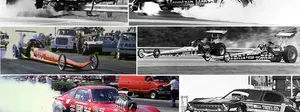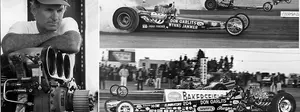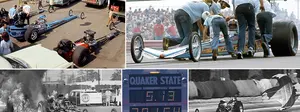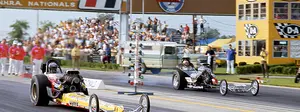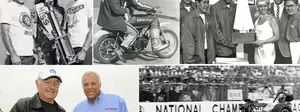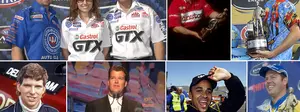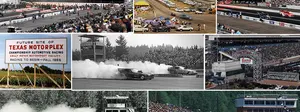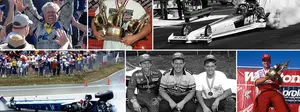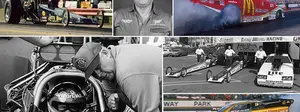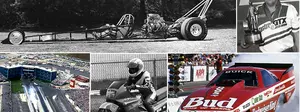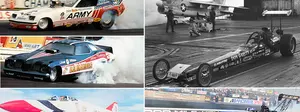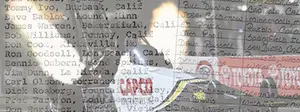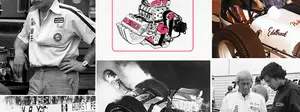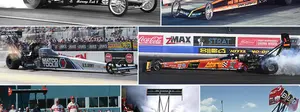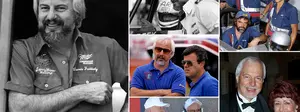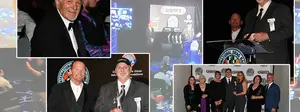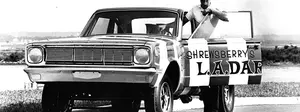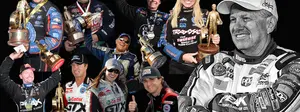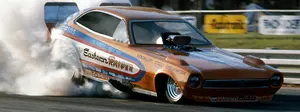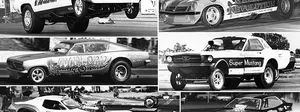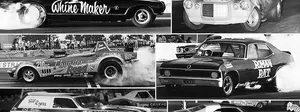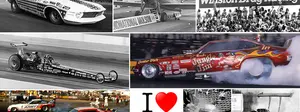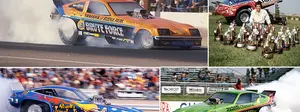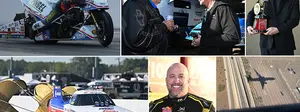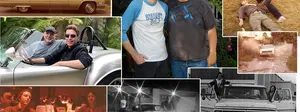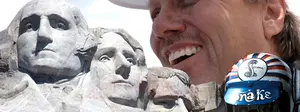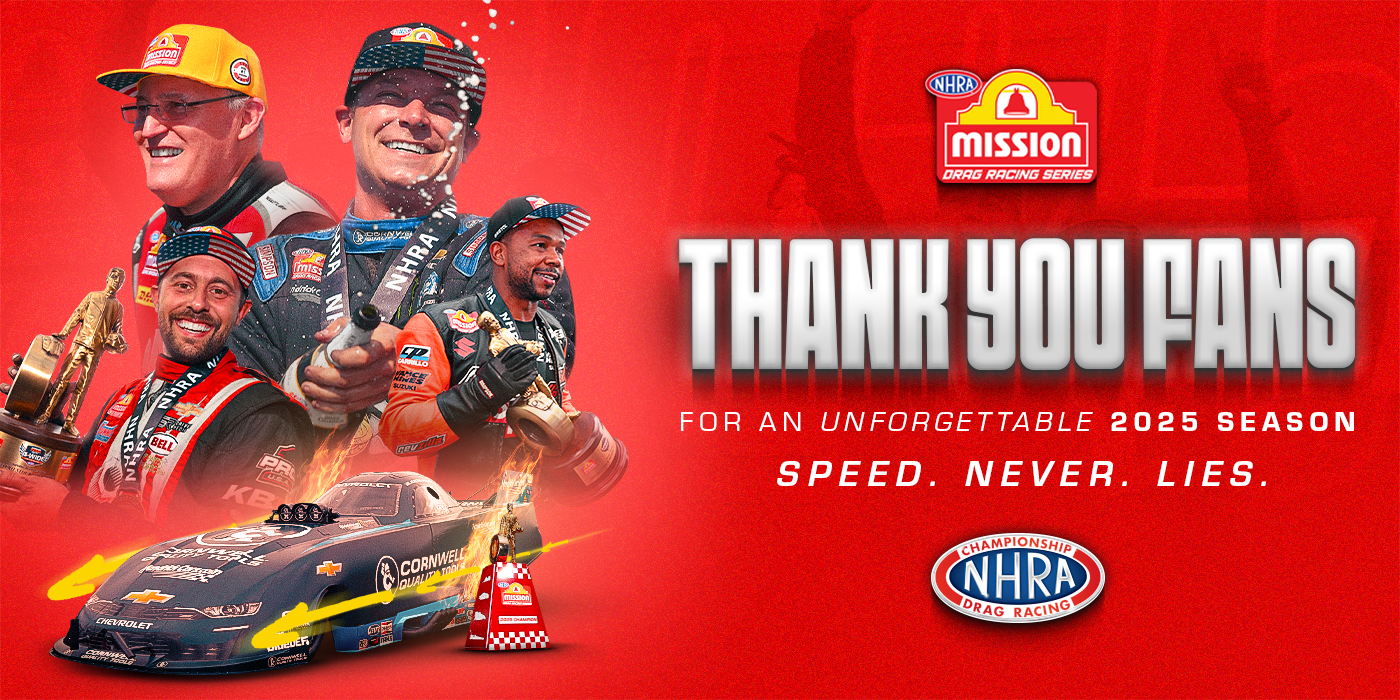

Remembering Doug Thorley

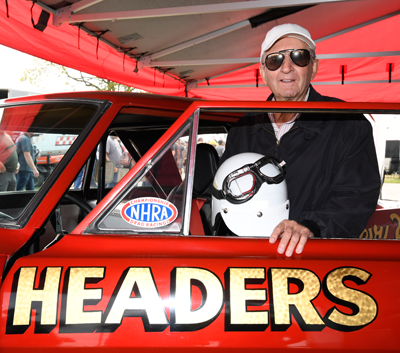
The drag racing and performance aftermarket worlds lost another giant last week with the passing of Doug Thorley, who died at age 92 at his home in his native Utah. Thorley not only created an aftermarket titan in Doug’s Headers in 1958 but also competed in a number of classes, highlighted by his Funny Car victory at the 1967 NHRA U.S. Nationals.
The Doug’s Headers and Headers by Doug logos flew on scores of cars across multiple classes, and he remained a force in the exhaust business until he sold the company and moved from his Southern California base to his Utah ranch, where he enjoyed hunting and fishing. Doug Thorley Headers continues in business today under new ownership but with the goal of continuing to provide visionary designs like the Tri-Y design that Thorley popularized back in the company’s infancy.
Fans best remember Thorley for the victory in his Corvair Funny Car at the ’67 U.S. Nationals, which was the first Indy event to ever feature the plastic fantastics and only the second to showcase them after their debut at the 1966 World Finals, which was won by Eddie Schartman.
Thorley’s love affair with performance began as it did for so many of us, on the streets, and when he moved from Cedar City, Utah, to Long Beach, Calif., in 1948, the 20-year-old found a whole new world and friendships with guys like Tom McEwen and K.S. Pittman. Lions Dragstrip wouldn’t open for another seven years in Long Beach, but soon the Santa Ana Drags were calling, and Thorley, who had served in the Navy/Air Corp Reserves until 1949, competed in a ‘38 Buick Century Coupe that set multiple records in the Stock class.
Thorley got married n 1957, a year before he opened the header business in East Los Angeles. "The new responsibilities of being married and running a business kept me pretty busy,” he told NHRA National Dragster in 1996, “but I still took time to drive everybody’s car who would let me.”

Thorley didn’t restrict his high-speed endeavors to the dragstrip as he also did some land-speed racing and, fortunately for him, one of the cars he drove, Jack Lufkin’s ’62 Corvette, could do both. On the dragstrip, the car set a record of 132 mph, and on the Bonneville Salt Flats, it charted a speed of 204 mph.
As A/FXers began to morph into Funny Cars, Thorley got a taste of the action in 1965 with occasional forays behind the wheel of cars owned by visiting East Coast racers, including Hubert Platt’s stretched Mustang.
“I was so impressed with that car that I decided to build a Funny Car for myself over the winter,” he said.
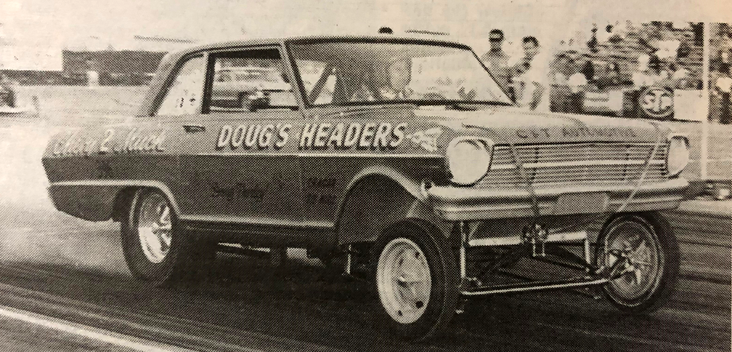
Thorley contracted Ted Brown to build him an altered wheelbase Chevy II that made its debut in 1966 and was known as Chevy 2 Much (a name reportedly coined after Platt’s wife commented that Thorley’s car was “too much," a 1960s-style compliment). With an alcohol-burning engine mated to a manual transmission, the car ran into the nines at more than 150 mph, making him an instant crowd favorite, but it was no match for the seven-second clockings of the true flip-top Comet of Don Nicholson, which dipped into the seven-second zone by year’s end.
Thorley decided to up his game, recruiting West Coast standout Gary Slusser to build a tube-chassis Chevrolet Corvair with a supercharged big-block that cackled nitro.
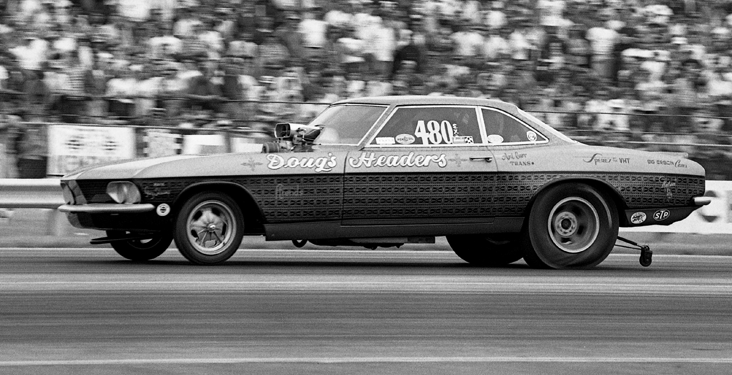
“It wasn’t a flip-top fiberglass car like the Comets,” he explained. “It used the stock steel Corvair body with a stretched front end that tilted forward or engine access like an A/Gas Supercharged car.”
The car made its debut in mid-1967 and immediately began posting strong times, including a 7.86 test pass at Orange County Int’l Raceway that had his East Coast rivals scoffing. Thorley knew that the only way to silence them was to take them on, so he loaded up the Corvair and headed to Indy for the Nationals.
Thorley qualified No. 2 with an 8.12 — everyone was chasing Jack Chrisman’s GT Comet, which had run 7.60 on proprietary M&H slicks — a far cry from 7.80s, but once Thorley got himself a set of the M&H rubber, his e.t. dropped down to 7.81 and then 7.69 in dispatching a pair of “factory cars,” the Bill Lawton-driven Tasca Ford Mustang and Maynard Rupp’s Mercury Cougar.

After a semifinal bye, Thorley pounded out a final-round 7.83 to defeat Joe Lunati’s Dixie Devil Camaro for the event win.
“It was, without a doubt, the greatest day of my life,” said Thorley. “For an independent racer like myself to come out from the West Coast and put away the best that the factories could offer was an experience I wouldn’t trade for anything.”
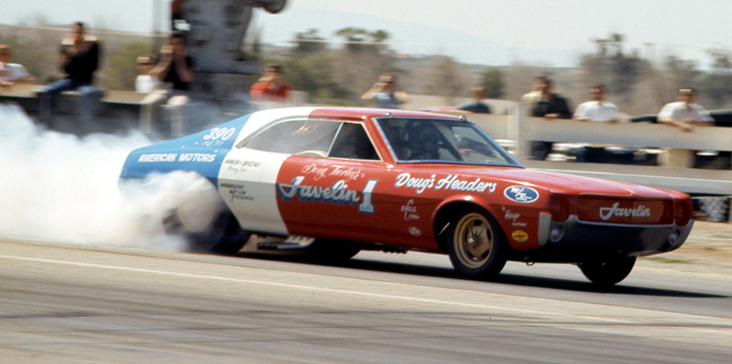
Thorley’s success led to a factory offer of his own, from American Motors, which wanted to get into the Funny Car business with their new sporty Javelin model. The first car they built, a conventional car powered by a 392 AMC wedge engine, was unspectacular until they piled the big-block Chevy from the Corvair into it.
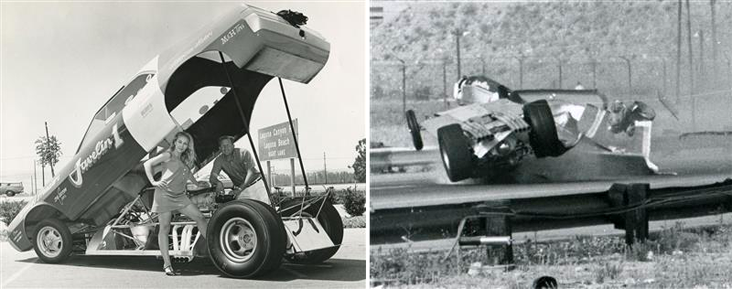
The other Javelin, a wild rear-engine piece built by Woody Gilmore, was spectacular for all of the wrong reasons. As I wrote in my History of AMC Funny Cars column back in 2014, Thorley had the car built super light — 1,665 pounds wet — which, combined with the unusual configuration of the rear-engine car, may have contributed to the car’s spooky handling. Thorley initially drove this car while Earl Wade and Dick Bourgeois combined to run the original car. Norm Weekly later piloted the rear-engine car before turning over the reins to Bob Hightower, who flipped it over backward in the lights at Irwindale Raceway in June 1969.
Undeterred by the middling success of the Funny Car program, AMC tried to hire Thorley to run its new Super Stock program, but he passed.
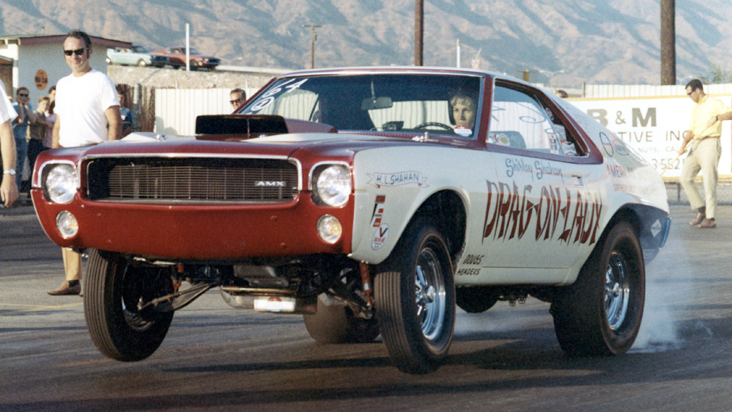
“After running mid-sevens at more than 200 mph, it’s pretty hard to go back to 12-second, 115-mph times,” he explained. He did help H.L. and Shirley Shahan get the deal and then got out of the racing business.
“The racing days were great, the best times of my life,” he said. “I can’t think of any profession or activity I could have been involved in where I would have met a better group of people.”
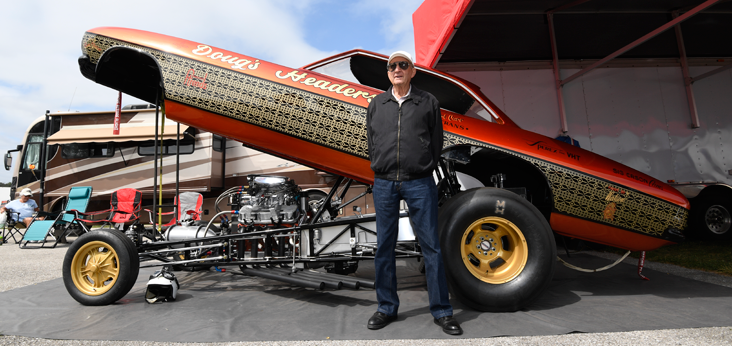
Thorley made an appearance at the 2017 U.S. Nationals with reproductions of his Corvair Funny Car and the Chevy 2 Much machine, greeting fans and giving them a chance to meet a living legend in person.
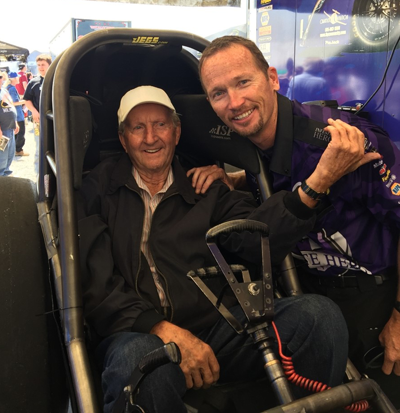
Thorley also stopped by to see history-hungry Jack Beckman and take a seat in the Infinite Hero Funny Car. The Beckman family’s relationship dates back to 1963 when Beckman’s father offered his Corvette as a vehicle for Thorley to test-fit the prototype new headers that he wanted to design for the Gen-2 Corvette.
“I asked him if he would sit in my race car for a picture, and the car was up on the jackstands, but he got in and out himself, which I thought was pretty badass for a guy who was 88 years old,” said Beckman. “Meeting him was one of those pinch-me moments that are so special that I’ll never forget.
“We talked about racing, and he hung out at the back of the pits. I don’t think a lot of fans recognized him, so I introduced him as the guy who had won Funny Car at that race 50 years earlier. It was bitchen just to sit there and shoot the breeze with him, and I think they also enjoy hanging out with a contemporary racer, too.”
Even without my tribute to Thorley, it’s doubtful that his memory would be forgotten with a family that includes three surviving daughters, 14 grandchildren, and 31 great-grandchildren. One of his grandchildren, Taylor, was the first to reach out to me about his passing, and she put me in touch with her mom, Lynne, one of Thorley’s four daughters, who remembered him fondly.
Like many members of the family, Lynne also worked at the header company before it was sold, working during high school helping in the office, opening letters and sending out stickers, and running errands.
“Dad was just a very kind, gentle father, loving and caring," she shared. "I don’t remember him ever spanking us, but at the same time, he was no-nonsense and expected us to be obedient, and we were. He would tease us four girls that he would trade us all in for one mean boy. He was always very generous and helpful to his parents and his siblings or his kids. I remember him letting us four daughters take one of his cars on a trip through the western states to visit aunts and uncles and grandparents; that trip was a fun memory from our childhood.
“We weren’t involved much with his racing, but I do remember the sights and sounds and smells of the dragstrip were a big part of my childhood. Dad loved riding horses and hunting on his property in Utah. He had a lot of close friends, like the Shahans and the Platts, who would always come around.”
There’s little doubt that Doug Thorley’s name and legend will continue to reverberate throughout the drag racing world for years to come, like the sweet exhaust note of a set of Headers by Doug.
Phil Burgess can reached at pburgess@nhra.com
Hundreds of more articles like this can be found in the DRAGSTER INSIDER COLUMN ARCHIVE





